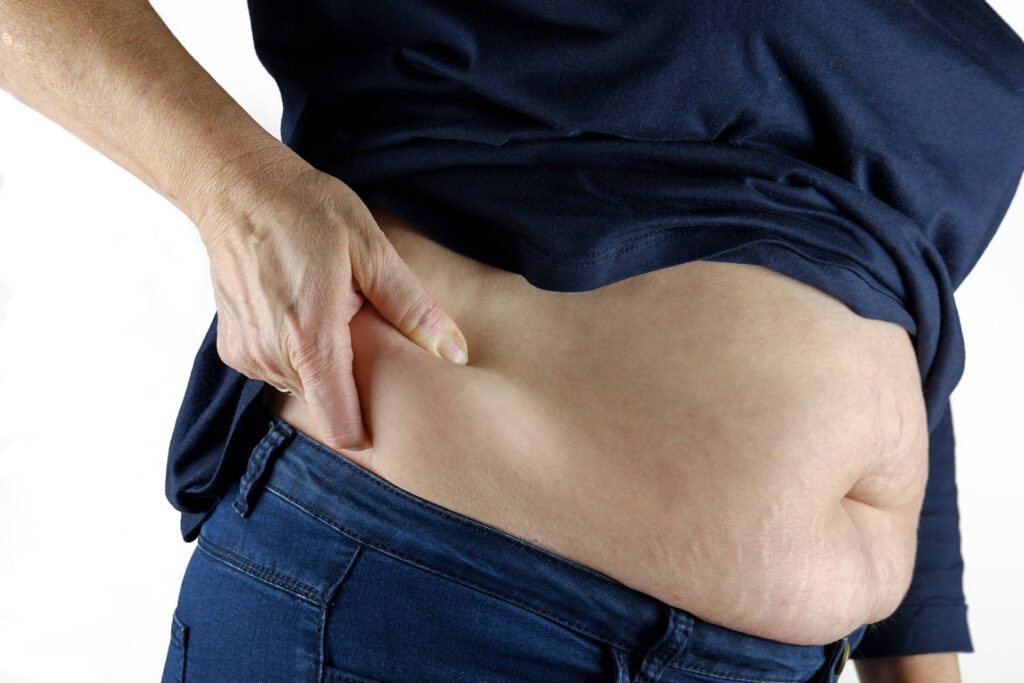Everyone’s raving about the keto diet, and here you are pricking your skin with endless needles, popping enough metformin to make you nauseous, and wishing you could join the nutrition trend taking the world by storm.
Guess what? The keto diet has been designed to promote autophagy, so you’re in luck.
Even if you are prediabetic, insulin resistant, or have type two diabetes, this diet is something you can consider.
How Safe Is Ketogenesis?
The keto diet was developed with health and longevity in mind, so is it safe for diabetics who worry about ketoacidosis?
A 2013 study published in the European Journal of Clinical Nutrition provides evidence that this lifestyle can be adapted safely.
The study suggests that keto diets can eliminate the need for insulin and metformin.
Obviously, you’ll have to take every precaution by having your doctor measure your current levels of ketones to ensure that you can safely proceed.
This diet is safe and comes with a myriad of additional benefits besides weight loss. These benefits include:
- Burning fat around the middle, which builds up due to insulin resistance
- A significant drop in triglycerides or fat molecules in your bloodstream, lessening the risk of heart disease and stroke
- An increase in high-density lipoprotein (HDL), the good kind of cholesterol that protects the heart further
- Massive reductions in glucose and insulin levels
Other health benefits include lowered blood pressure, elimination of metabolic syndrome, and mental improvements.
Who knew that healthy fats could be so beneficial?

Are You Ready for It?
Admittedly, yo-yo diets are the worst for diabetes, and they come with many health risks, but making a long-term commitment to eating the keto way is anything but a yo-yo diet.
The keto diet is filled with superfood vegetables and vitamins, minerals, and nutrients.
It also introduces you to healthy fats that make this lifestyle fun.
Moreover, it removes all the simple carbs and dangerous foods you need to avoid.

You will learn to eat foods that feed your special gut microbiome, increasing your chances of eliminating the diabetic medication.
The rules are simple for the keto diet.
Your daily food intake must consist of 75% healthy fats, 20% protein, and a mere 5% complex carbs.
Healthy fats include:
- Extra-virgin olive oil
- Avocado oil (and raw avocado)
- Coconut oil
- Omega-3 fatty fish like salmon, mackerel, and tuna
- Grass-fed beef
- Raw nuts, such as walnuts, almonds, and cashews
- Egg yolk
- Butter (but not margarine)

Proteins include:
- Any ethically raised, unmodified, and organic, grass-fed animals and their products
- Free-range egg whites, chicken, and turkey
- Full-fat dairy products
Complex carbs include:
- Superfood vegetables, such as cauliflower, broccoli, spinach, kale, collard greens, okra, tomatoes, onions, and yams
Please note that carbs shouldn’t come from high-fructose and glucose content fruit.
Strawberries, blueberries, and blackberries are allowed in moderation.
Watch out for pumpkin and squash, which contain too many simple carbs.
The Best News
The keto lifestyle for diabetics has nothing to do with weighing your food or watching the scale.
You simply have to be committed and determined and stick to the general guidelines.
Enjoy the steak with your family, and scoop up those fried foods.
Just remember to keep your fats healthy and your carbs low, and you’ll be fine!

Doctor Loy
Loy Puckett MD
Emergency Medicine – 28 Years Experience


